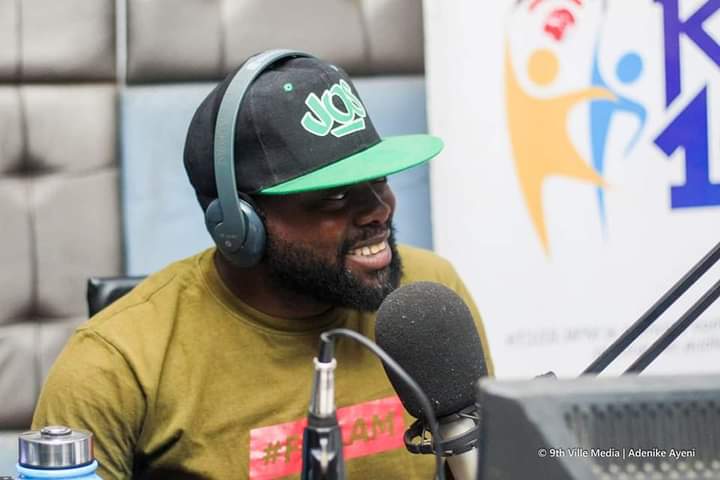1999 upon return to Democratic governance, Nigerians were given the liberty to choose who becomes their leader by the Military Government of Gen Abdulsalami Abubakar, elections were organised and Gen Olusegun Obasonjo who became President won his election with 18,738,154 votes out 42,018,735 total votes cast from 57,938,945 registered Voters and in 2003 when he re-contested got 24,456,140 votes from Nigerians out of 42,018,735 total votes cast from 60,823,022 registered Voters showing a sharp increase in voter participation.
In 2007 late President Umaru Musa Yar’adua garnered 24,638,063 votes to win the race out of 35,397,517 from a 61,567,036 registered voters list, this also showed an increase in voter participation in the country’s Democratic process.
In 2011 after the demise of President Yar’adua and conclusion of his Tenure by his vice Dr Goodluck Jonathan, there was a decline in Voter Participation as 22,495,187 votes put together to elected Dr Goodluck Jonathan out of 39,469,484 total vote cast from 73,528,040 registered voters as the president of that country.
Greeted with a loud clamour for change which Nigerians believed will be from the mesiah, in 2015 Gen Muhammadu Buhari who has contested elections since 2003 and always polling 12 million Votes except for 2007 when he got 6m votes won the election with 15,424,921 votes out of 28,587,564 total vote cast from 68,833,476 registered voters, a growth for him in support and a decline from the number of votes for an elected president as recorded during the PDP days.
In 2019, PMB got 15,191,847 votes out of 27,324,583 total votes cast from 82,344,107 registered voters recording a decline in Voter Participation.
2023 came with more agitations across the country due to the economic hardship, failed promises of the APC Administration and change that was promised to Nigerians, one would think that the number of Votes to be record for the winer would be more than that of President Buhari in 2015 but to the dismay of many, the elections was only won (under controversial circumstances) with a paltry 8,794,726 votes out of 24,965,218 total vote cast from a 93,469,008 registered voters list. Where are the remaining 68,503,790 Nigerians??????? What
While in 1999 voter turnout was 52.3% in 2003 it went up to 69.1% and subsequently in 2007 voter turn was estimated to be around 57.5%, 2011 – 53.68% while in 2015 voter turn out dropped to 43.64%, a time the call for change was loud enough to shake the walls of Jericho.
In 2019 the voter turn out was put at 34.75% while the recently conducted election record an abysmal 26.71% voter turn, one of the elections that is adjudged to have generated a lot of interest, the most competitive of all since the return of democracy. This is 26.71% out of 93,469,008 who are eligible to vote on behalf of over 200 Million Nigeroans.
Are we serious?
I mean are we really serious as a People?
We cry, we yell, we call our leaders out but can’t do it right?
With the data presented above and a cusory look at the number of registered voters plus those who came out to vote, do we really have this country at heart?
At what point did we start getting uninterested in issues of Governance?
What is responsible for this continues decline in Voter Participation?
How has this affected and hindered usfrom getting the right person into leadership positions?
On which of the divide do you stand?
Those who vote or those who choose stay away?
If this questions could be answered Sincerely then we can find the link to our unanswered questions.
Nigerians Arise, the TIME NOW!!! Ariseeeee
Tok Morgan (BigBlunt)
Broadcast Journalist
02.03.2023
Morgantok@gmail.com
count | 18

Recent Comments
Mwanchuel Daniel PamMarch 8, 2024 at 11:06 pm
Bob WayasNovember 6, 2023 at 5:30 am
JosephNovember 5, 2023 at 3:47 am